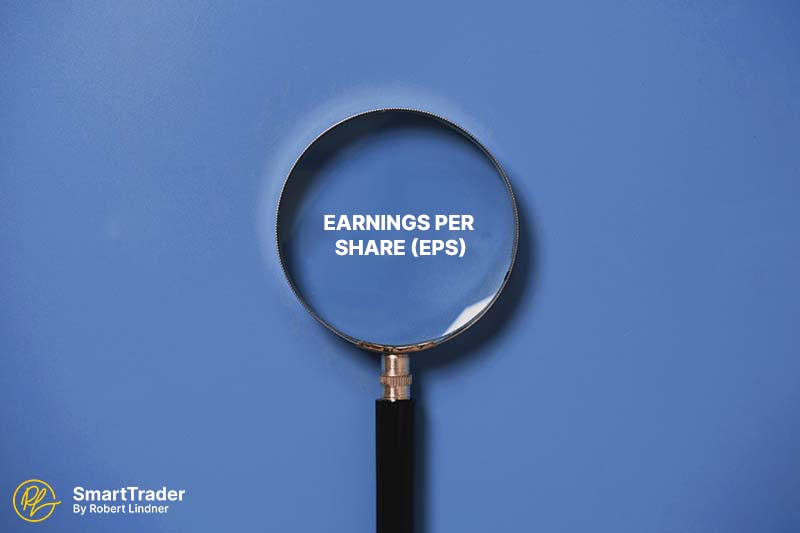[‘pri-,mer-e ‘ar-ninz'par ‘sher]
Earnings per share (EPS) is a financial metric that represents the portion of a company's profit that is allocated to each outstanding share of its common stock.
What are Earnings Per Share (EPS)?
Earnings per share (EPS) is a financial ratio that indicates the amount of a company's net income that is attributable to each outstanding share of its common stock. It is a widely used metric that measures a company's profitability on a per-share basis and is calculated by dividing the company's net income by the total number of outstanding shares of its common stock. EPS is an important indicator for investors as it helps them to evaluate a company's financial performance and potential returns on their investment.
There are two types of EPS: basic EPS and diluted EPS. Basic EPS uses the total number of outstanding shares to calculate earnings per share, while diluted EPS takes into account the potential impact of dilutive securities, such as stock options or convertible bonds, that could increase the number of outstanding shares in the future.
Key Takeaways
- EPS is a financial metric that represents the portion of a company's profit that is allocated to each outstanding share of its common stock.
- EPS is calculated by dividing a company's net income by the total number of outstanding shares of its common stock.
- EPS is an important metric used by investors to evaluate a company's profitability on a per-share basis and to compare the profitability of different companies in the same industry.
- There are two types of EPS: basic EPS and diluted EPS, with the latter taking into account the potential impact of dilutive securities.
- EPS is just one of many financial metrics that investors use to evaluate a company's financial performance and should be used in conjunction with other financial ratios and indicators.
Example of Earnings Per Share (EPS)
Company XYZ has a net income of $10 million and 5 million outstanding shares of its common stock. To calculate basic earnings per share, you would divide the net income by the total number of outstanding shares:
Basic EPS = Net Income / Total Number of Shares
Basic EPS = $10 million / 5 million shares
Basic EPS = $2.00 per share
In this example, Company XYZ's basic earnings per share is $2.00. This means that for each share of Company XYZ's common stock, the company generated $2.00 in net income. Investors can use this information to compare the company's profitability with other companies in the same industry and to evaluate the company's financial performance over time.
Back to Glossary.






